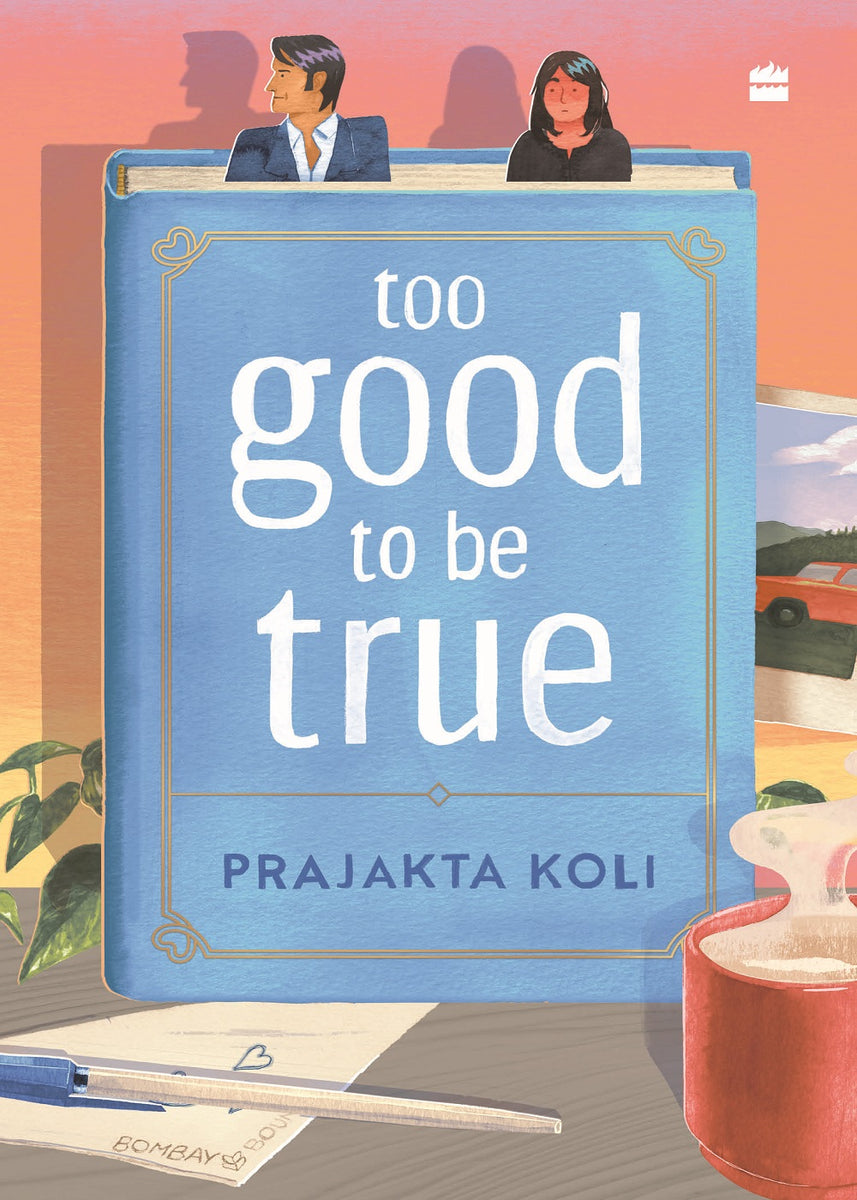Too Good To Be True (English)
Too Good To Be True (English)
Couldn't load pickup availability
"Too Good to Be True"
The phrase "too good to be true" can be applied to books in various ways. Here are some possible interpretations:
Overhyped Books
- *Overpraised Novels*: Some books may receive excessive praise or hype, leading to unrealistic expectations.
- *Underwhelming Experiences*: Readers may find that the book doesn't live up to its reputation or their own expectations.
Unrealistic Promises
- *Self-Help Books*: Some self-help books may promise unrealistic or unproven solutions to complex problems.
- *Unsubstantiated Claims*: Authors may make unsubstantiated claims about the benefits or effectiveness of their methods.
Misleading Information
- *Inaccurate Non-Fiction*: Non-fiction books may contain inaccurate or misleading information, which can be misleading or confusing for readers.
- *Biased Perspectives*: Some books may present biased or one-sided perspectives, which can be misleading or incomplete.
Critical Thinking
- *Evaluate Sources*: Readers should critically evaluate the sources and information presented in a book.
- *Consider Multiple Perspectives*: Considering multiple perspectives and sources can help readers form a more nuanced understanding of a topic.
Share


